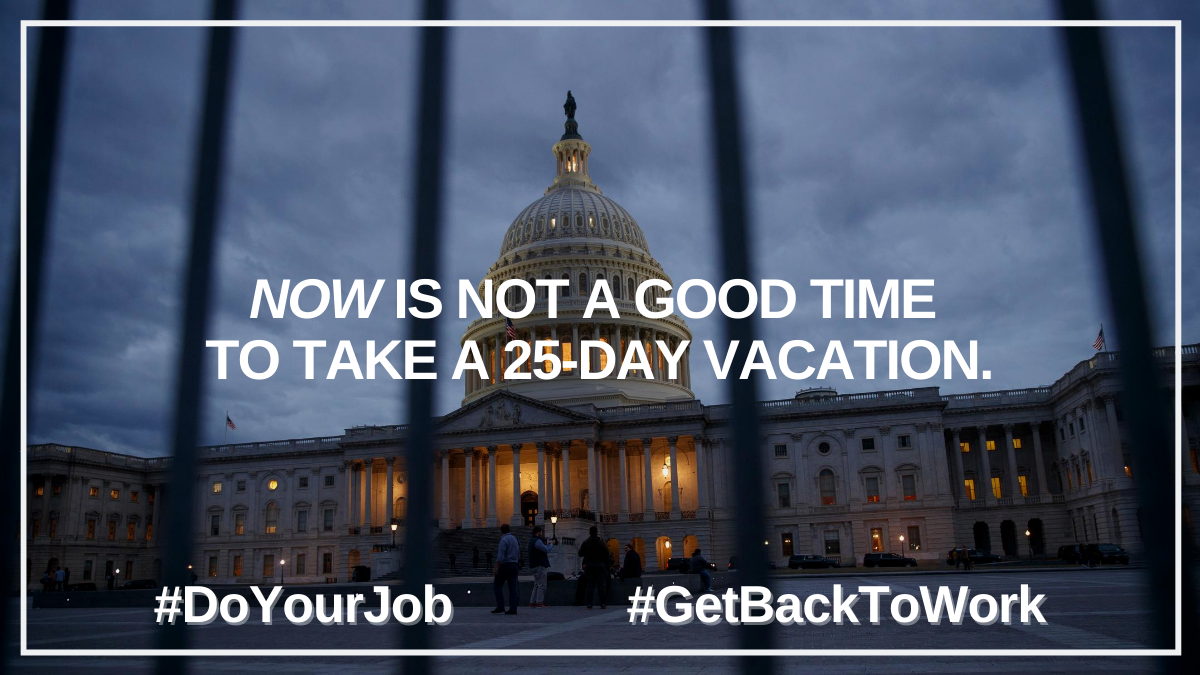
The national eviction crisis has arrived
Karin Smith, a 52-year-old resident of Jupiter, Florida, is not someone you would think would be at risk of eviction.
Until March, she was earning $96,000 a year as a consultant with the U.S. Department of Education. Then, on March 14, she lost her job and told her landlord that she would have trouble making the monthly $1,650 rent payment. The landlord initially agreed to a payment schedule, she said, but then on April 2 told Karin she would be evicted if she was even a day late.
Since then, Karin and her 13-year-old son, who has Ehlers-Danlos syndrome, which affects connective tissue, have been living on food stamps and unemployment benefits that did not arrive until May. The state jobless aid started at $125 a week and was recently bumped to $225. Despite earning a good salary, Karin didn’t have much in the way of savings – in addition to being a single mom, she had to pay tens of thousands a year in student loans, health insurance premiums and other expenses.
“Things were so behind at the end of May, as soon as it was coming in, it was going out,” Karin told the Washington Post. “With the $600 [weekly unemployment benefits], I could cover the necessities. I’m not sure what I can cover with [$225].”
Like millions of Americans, Karin and her son face the imminent threat of eviction. Until today, many Americans faced protection from evictions – legislation passed by Congress earlier this year extended an eviction moratorium on federally backed properties until July 24, and those protected by the moratorium could not be legally evicted until one month after that – today, Aug. 24.

Yes, Congress really takes a vacation in the middle of a pandemic.
The Covid-19 Eviction Defense Project, a Colorado-based community group, estimates that 22 million Americans are behind on their rent. And the crisis is not affecting all Americans equally — Black and Latinx renters are most at risk.
44 percent of Black renters and 41 percent of Latinx renters say they have no confidence or only slight confidence that they can make the next month’s rent, according to a U.S. Census Bureau survey. About 21 percent of white renters felt the same, according to an Urban Institute analysis of data collected between May 28 and June 9.
On Monday, the Coalition on Human Needs joined the National Low Income Housing Coalition (NLIHC) and other groups as part of a national day of action urging Congress to immediately pass a COVID-19 relief bill that includes essential resources and protections for America’s lowest-income renters and people experiencing homelessness. You can find a social media toolkit in support of this action here.
Diane Yentel, NLIHC President and Chief Executive Officer, told the Post that 40 million U.S. households could face eviction by the end of the year – a number she has never seen before. NLHIC, joined by CHN and others, are pushing for a national moratorium on evictions through the end of the coronavirus pandemic as well as $100 billion in emergency assistance to supplement rent payments and help landlords operate properties. The HEROES Act, passed by the House in May and virtually ignored by the Senate, contains both of those provisions.
Yentel said homelessness in the U.S. had increased steadily for the past three years, before the pandemic even hit. Now more people are living on the streets, in their cars, crowding into apartments, and living in shelters or encampments, Yentel said, often making social distancing impossible.
“When our collective health depends on our ability to stay in our homes, we all have a stake to ensure that tens of millions of people don’t lose theirs,” Yentel told the Post. “Evictions during a pandemic are not only cruel and immoral, they are shortsighted and senseless.”
Karin of Jupiter, Florida would agree with that sentiment.
“This time of year, we shouldn’t be able to be evicted with storms,” she said. “You can’t have homeless people during hurricane season or a pandemic...Now I know why my great-grandmother never wanted to talk about the Spanish flu. When this is over, none of us will want to talk about it.”

